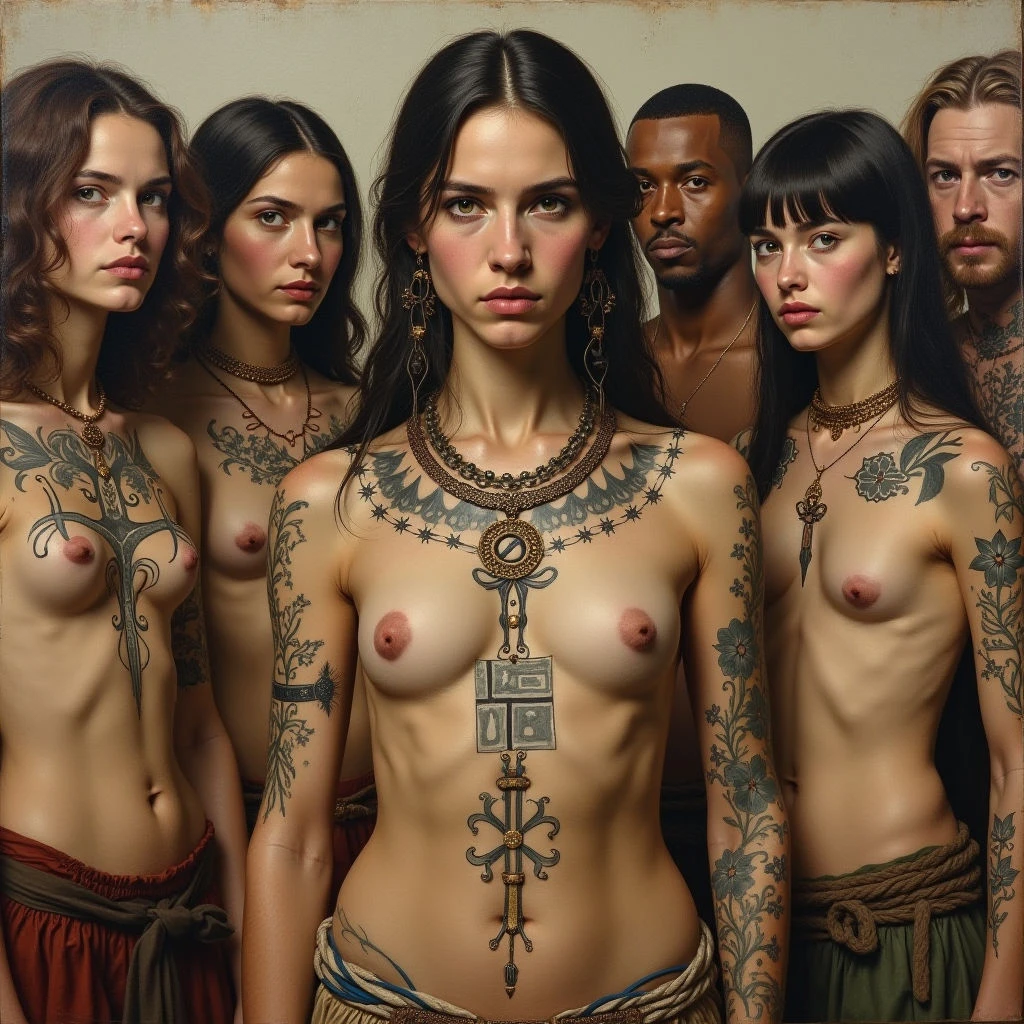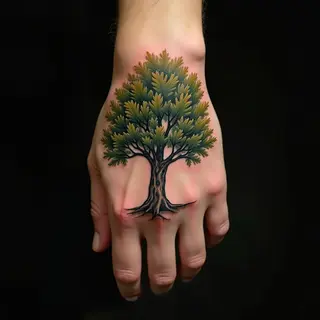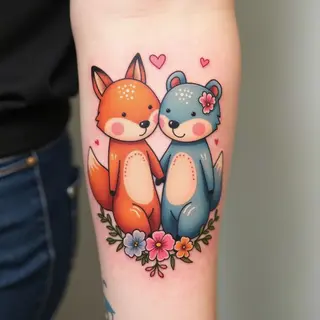The Significance of Tattoos Throughout History
Throughout human history, tattoos have served as far more than mere adornment; they are potent symbols imbued with profound cultural meaning.
Ancient Tribal Markings
From ancient tribal markings signifying lineage and status to modern expressions of individuality and rebellion, the art of tattooing reflects a society’s values, beliefs, and narratives.
Polynesian Cultures
In Polynesian cultures, for instance, intricate patterns known as ‘tatau’ denoted rank, achievements, and spiritual connection. Each design held specific meaning, passed down through generations.
Maori Tribes in New Zealand
Similarly, among Maori tribes in New Zealand, facial tattoos (‘moko’) were a form of genealogical record and identity marker. These markings conveyed status, lineage, and personal history.
Ancient Egyptians and Romans
The practice extends far beyond the Pacific Islands. Ancient Egyptians used tattoos for ritualistic purposes, while Roman soldiers often bore images representing their military achievements or deities they venerated.
Asian Cultures
In various Asian cultures, tattoos have been associated with spiritual protection, healing, and adherence to specific religious beliefs.
Modern Tattoo Culture
Modern tattoo culture builds upon this rich heritage. While personal expression remains central, many individuals consciously choose designs echoing cultural traditions – a lotus flower for Buddhism, a Celtic knot for ancestry, or an ancient symbol representing strength and resilience.
Understanding the Historical Context
Understanding the historical context enriches appreciation of this art form and fosters respect for its profound significance.
The Enduring Appeal of Tattoos
The enduring appeal of tattoos lies in their ability to transcend language and time, connecting us to our ancestors and serving as powerful statements of identity.


